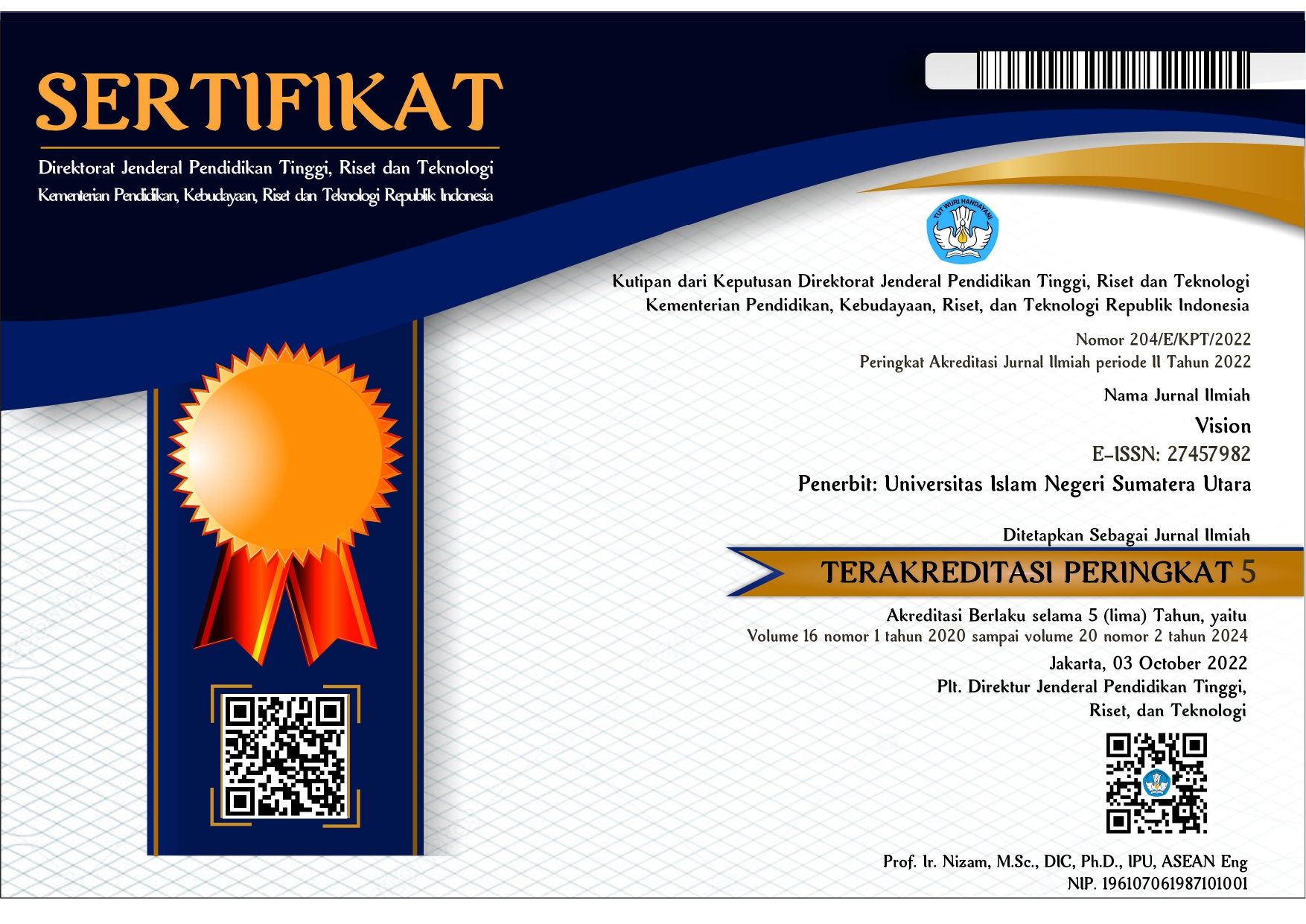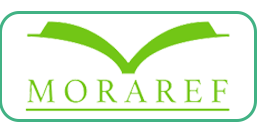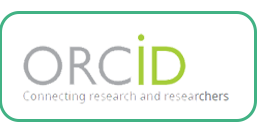Basic Knowledge of Middle School English Teachers in Indonesia in Assessing Students ' Writing Ability
Abstract
The capacity to plan lessons and assess students’ learning defines junior high school teachers’ professionalism. Because it significantly affects how they evaluate students’ writing learning outcomes, junior high school English teacher must have a solid foundation in assessing writing. 87 Junior high school teachers from the district and 38 junior high school teachers from the municipality were asked to participate in this quantitatively descriptive study by completing questionnaires regarding their fundamental writing assessment knowledge. Only 16.09% of district teachers and 26.32% of municipal teachers received scores above 60 as a result. These teachers still have significant difficulties planning, implementing, and evaluating writing even though they are all credentialed and routinely report significant professional activities. All stakeholders, particularly schools and the ministry of education.
Keywords
Full Text:
PDFReferences
Bailey, D. R., Lee, A. R., Vorst, T. C., & Crosthwaite, P. (2017). An investigation of differences and changes in L2 writing anxiety between blended and conventional english language learning context. Call-Ej, 18(1), 22–39.
Chesnut, S. R., & Cullen, T. A. (2014). Effects of Self-Efficacy , Emotional Intelligenceand
Perceptions of Future Work Environment on Preservice Teacher Commitment.Teacher Educator, 49(November), 37–41. https://doi.org/10.1080/08878730.2014.887168
Crusan, D., Plakans, L., & Gebril, A. (2016). Writing assessment literacy: Surveying second language teachers’ knowledge, beliefs, and practices. Assessing Writing, 28, 43–56. https://doi.org/10.1016/j.asw.2016.03.001
Deluca, C. (2012). Preparing Teachers for the Age of Accountability : Toward a Framework for Assessment Education. Action in Teacher Education, 34(November 2014),37–41. https://doi.org/10.1080/01626620.2012.730347
Djoub, Z. (2017). Revisiting EFL Assessment. https://doi.org/10.1007/978-3-319- 32601-6
Fahmi, M., Yusuf, A., & Maulana, A. R. (2011). Teacher Certification in Indonesia : A Confusion of Means and Ends. Working Paper in Economics and Development Studies, July, 1–18.
Fritz, E., & Ruegg, R. (2013). Rater sensitivity to lexical accuracy, sophistication and range when assessing writing. Assessing Writing, 18(2), 173–181. https://doi.org/10.1016/j.asw.2013.02.001
Ghanbari, B., Barati, H., & Moinzadeh, A. (2012). Rating Scales Revisited: EFL Writing Assessment Context of Iran under Scrutiny. Language Testing in Asia, 2(1), 83–100. https://doi.org/10.1186/2229-0443-2-1-83
Gonzalez, EF, Trejo, NP, & Roux, R. (2017). Assessing EFL university students' writing : A study of score reliability. Revista Electronica de Investigacion Educativa , 19 (2), 91–103. https://doi.org/10.24320/redie.2017.19.2.928.
Ministry of Education and Culture. (2017). Syllabus Model for Junior High School /Madrasah Tsanawiyah Subjects : English http://kemdikbud.go.id/main/?lang=id
Ministry of Education and Culture. (2016). Middle School Literacy Guide .
Ministry of Education and Culture. (2017). 2017 Revised Middle School English Syllabus.
Kholis, N., & Murwanti. (2019). Teacher Professionalism in Indonesia, Malaysia, and New Zealand. TARBIYA: Journal of Education in Muslim Society, 6(2), 179– 196. https://doi.org/10.15408/tjems.v6i2.11487
Lee, I. (2017). Classroom writing assessment and feedback in L2 school contexts. In Asian EFL Journal (Vol. 21, Issue 2). Springer Nature Singapore. https://doi.org/10.2989/16073614.2017.1405729
Moses, R. N., & Mohamad, M. (2019). Challenges Faced by Students and Teachers on Writing Skills in ESL Contexts: A Literature Review. Creative Education, 10(13), 3385–3391. https://doi.org/10.4236/ce.2019.1013260.
Nurhattati, Matin, Buchdadi, A. D., & Yusuf, C. F. (2020). Teacher certification in Indonesia: An education policy analysis. Universal Journal of Educational Research, 8(5), 1719–1730. https://doi.org/10.13189/ujer.2020.080508
Rahayu, E., & Rahayu, E. (2019). Teacher ’ S Cognitive And Affective. Premise Journal, 8(1), 102–116.
Rahayu, E. Y. (2020). The Anonymous Teachers’ Factors of Assessing Paragraph Writing. Journal of English for Academic and Specific Purposes, 3(1), 1–19. https://doi.org/10.18860/jeasp.v3i1.9208
Wang, J., Engelhard, G., Raczynski, K., Song, T., & Wolfe, E. W. (2017). Evaluating rater accuracy and perception for integrated writing assessments using a mixed-methods approach. Assessing Writing, 33(March), 36–47. https://doi.org/10.1016/j.asw.2017.03.003
Xu, Y, & Brown, G. T. . (2016). Teacher assessment literacy in practice: A reconceptualization. Teaching and Teacher Education, 58, 149–162. https://doi.org/10.1016/j.tate.2016.05.010
Xu, YT, & Brown, G. (2017). University English Teacher Assessment Literacy: A survey-test report from China. Language Testing and Assessment, 6(1), 133– 158.
Zulkifli, N. A., Mukaiyar, M., Syarif, H., & Rozimela, Y. (2018). Challenges In Assessing Students’ Writing For Future Instruction. 7th International Conference on Languages and Arts, 301(Icla 2018), 713–722. https://doi.org/10.2991/icla-18.2019.117
DOI: http://dx.doi.org/10.30829/vis.v19i1.2559
Refbacks
- There are currently no refbacks.
Copyright (c) 2023 VISION
















